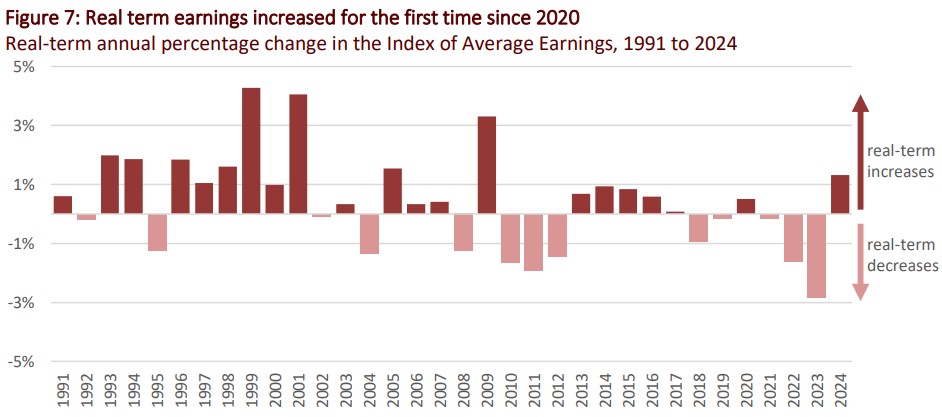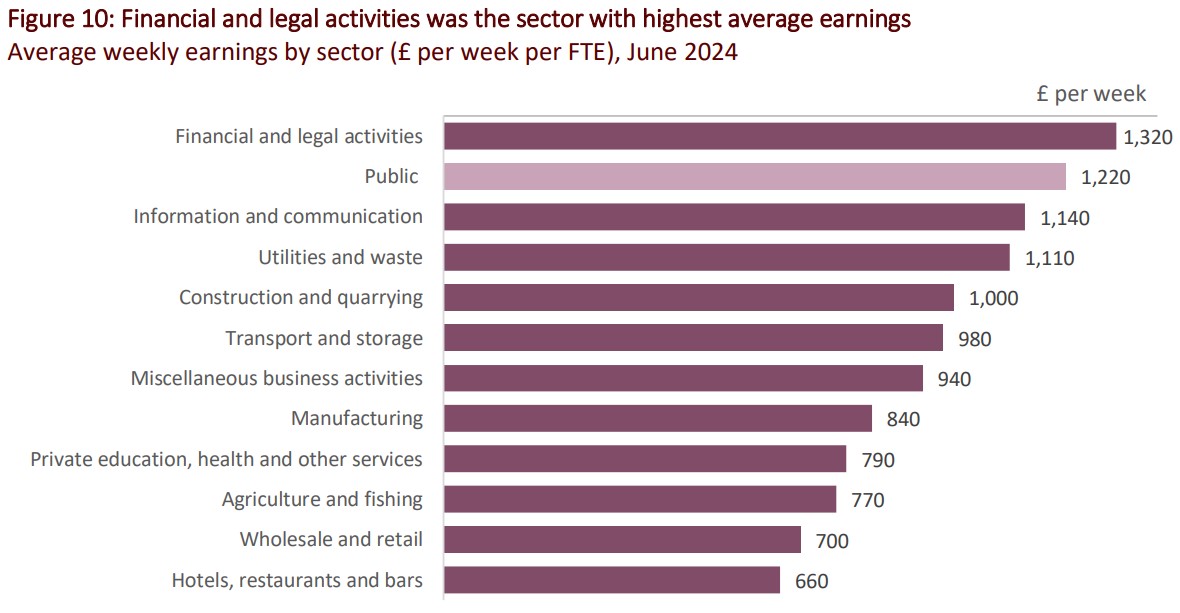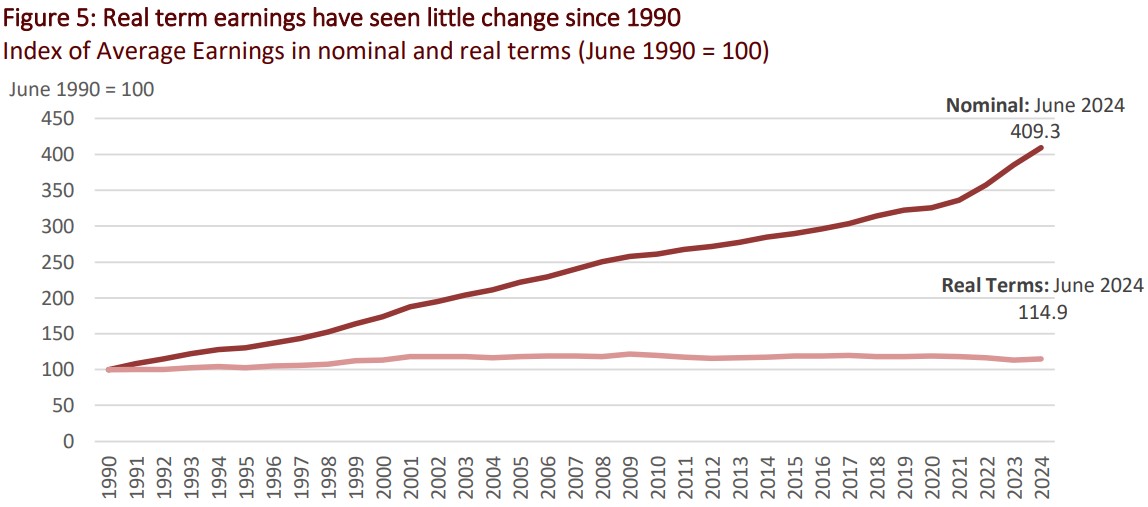

The latest Average Earnings Index has landed... What does it tell us about islanders’ wages over the past 12 months?
Statistics Jersey has published the latest earnings figures for June 2024.
The figures reveal how wages are faring in Jersey, which sectors are earning the most, and how much of an impact inflation is having.
The report measures changes in average earnings paid between June 2023 and June 2024 on a full-time equivalent (FTE) basis, and is based on earnings data collected from firms in the private sector and from all Government of Jersey departments.
Express took a look at the key findings...
Earnings on average were 6.4% higher in June 2024 than in June 2023. This is slightly slower growth compared to last year, which was recorded at 8.8% – the best rate for 22 years.
However, when applying inflation, average earnings in June 2024 increased in real terms by 1.3%. When factoring in inflation to last year’s figure, there was a real term decrease of 2%.

Pictured: Earnings have increased on average for the first time in four years.
Inflation having less of an impact on growth means this is the first time in four years that earnings have increased in real terms.
The bigger picture is slightly less positive – over the last 10 years, average earnings have decreased in real terms by 2.4%.
The public sector saw the largest growth in wages this time round – 8.8% in nominal terms and 3.6% in real terms.
Meanwhile, the private sector had 5.9% growth in nominal terms, but in real terms saw just 0.9%.
The report highlights that public sector earnings have decreased by 7.7% since 2001, compared to a 1.6% decrease in the private sector for the same period.

Pictured: Finance and legal remain the top earners.
Agricultural and fishing was the only sector to record a decrease in average earnings.
The sector saw a 2.7% decrease on an annual basis, but it’s noted that this change was driven by the average working hours in the sector reducing by a greater proportion than the increase in the minimum wage (10.9%).
Perhaps unsurprisingly, finance and legal activities were the top earners out of all sectors. Wages hit, on average, £1,320 per week, whereas the lowest earning sector – hotels, restaurants and bars – took home an average of £660 a week.
Median average earnings indicate that islanders working full-time take home £850 per week.
The mean average is £1,000 per week since the large number of high earners pulls the earning distribution higher.

Pictured: There has been little changes in earnings in 34 years.
The reality is that half of workers are earning less than the median of £850 each week, and two-thirds of workers earn below the £1,000 mean average per week.
And overall, workers have seen very little changes in their earnings since 1990, when figures are adjusted for inflation.
Average Earnings Index June 2024
Comments
Comments on this story express the views of the commentator only, not Bailiwick Publishing. We are unable to guarantee the accuracy of any of those comments.